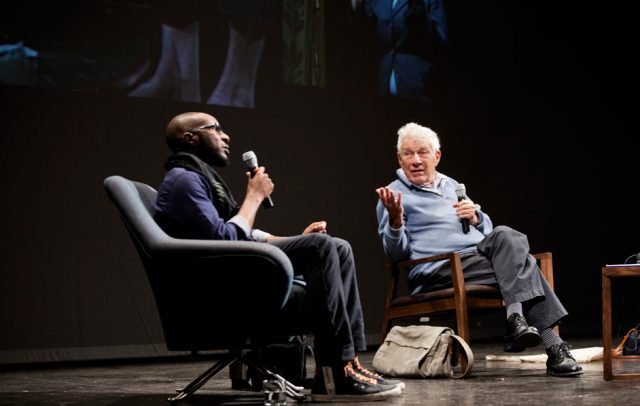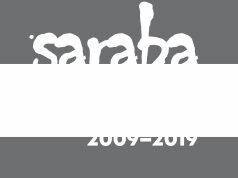By Emmanuel Iduma—
Writers hope to communicate to a private reader. I realised this a few years ago when I met a boy in Ikoyi. I was speaking with his mother. He was sitting a few metres away on the dinning table, with a man who was either his uncle or a private tutor. The man posed several questions, to revise what had been taught. “Don’t swallow your words,” he said to the boy.
“But when I swallow my words they taste like air.”
I was greatly moved by that response. I decided immediately that this was the reader to whom my writing would be directed henceforth. I cannot explain why I felt he was my ideal reader, even after two years.
What I know is the ultimate privacy to which my writing aspires. I mean, the private act of aspiration and recognition—a writer aspiring for a certain reader, and a reader recognising his writer. Something like love at first sight.
“A great poet is not someone who speaks in stadiums to thousands of listeners. A great poet is a very private person. In his or her privacy this poet creates a language in which he or she is able to speak, privately, to many people at the same time,” writes Ilya Kaminsky, regarding Celan.
I have obsessively read John Berger for three years, possibly ten of his forty-something books. However pretentious this might seem, my only claim to him is as a private reader to which his work is intended.
He is mainly a prose writer, but the lucidity of his work I attribute to cogent poetry. “The future cannot be trusted. The moment of truth is now. And more and more it will be poetry, rather than prose, that receives this truth,” he wrote in And Our Faces, My Heart, Brief as Photos.
“What do you mean by that?” Geoff Dyer asked in a 1984 interview.
“…I am not saying that hope for literature resides in poetry but that if you take a global view life is so desperate that perhaps only poetry can speak to that desperation.”
Anyone can make this claim about an increasing desperation in the way we live. But John Berger teaches me how articulable our response can be. To articulate is to make clear, to render candid or visible. In my reading of Berger his dedication to seeing is connected to sincerity about the desperation of our times.
“…In John Berger’s work love and art and political and historical understanding are always in layered combination,” says Ali Smith. It is “a bit like encountering what clarity really is, what the word means, like looking through pure water and seeing things naturally magnified.”
When one’s writing is dedicated, writ large, to connections—between storytelling, politics, and optical phenomena—what emerges is a body of work unhampered by genre. Not merely fiction, nonfiction, and art criticism. Above all else, storytelling.
Berger says: “To tell the truth, I never really thought of myself as an art critic. I mean, I wrote a lot about art, particularly visual art, but my approach was—how to put it? The primary thing wasn’t to say whether a work was good or bad; it was rather to look and try to discover the stories within it. There was always this connection between art and all the other things that were happening in the world at the time, many of which were, in the wider sense of the word, political.”
With his inimitably vast oeuvre, it is almost impossible to read everything he has written. Why hasn’t he stopped? Why is he still producing, even at 88? “What makes me write is the fear that if I do not write, something which ought to be said will not be,” he explains to Philip Maughan. “Really, I’m a stopgap man.”
Since 2013, John Berger’s books have inspired most of what I have written. He has provided a necessary benchmark for my goals as a writer: clarity, urgency, and witnessing.
To be an intellectual in the traditional sense of the word, you have to underwrite the self-respect of the underprivileged, and you have to proffer—not display—intellectual confidence. I imagine he said this to me.
“To separate fact and imagination, event and feeling, protagonist and narrator, is to stay on dry land and never put to sea,” he’s said to have written in a manifesto (of sorts) inspired by James Joyce’s Ulysses. A manifesto equally mine.
Emmanuel Iduma is a writer and art critic. He is co-publisher of Saraba magazine.
Photo: Teju Cole and John Berger, at the Internazionale a Ferrara 2014. Photo by Francesco Alesi.
Submit to the Saraba Manuscript Prize before December 15, 2015.
































